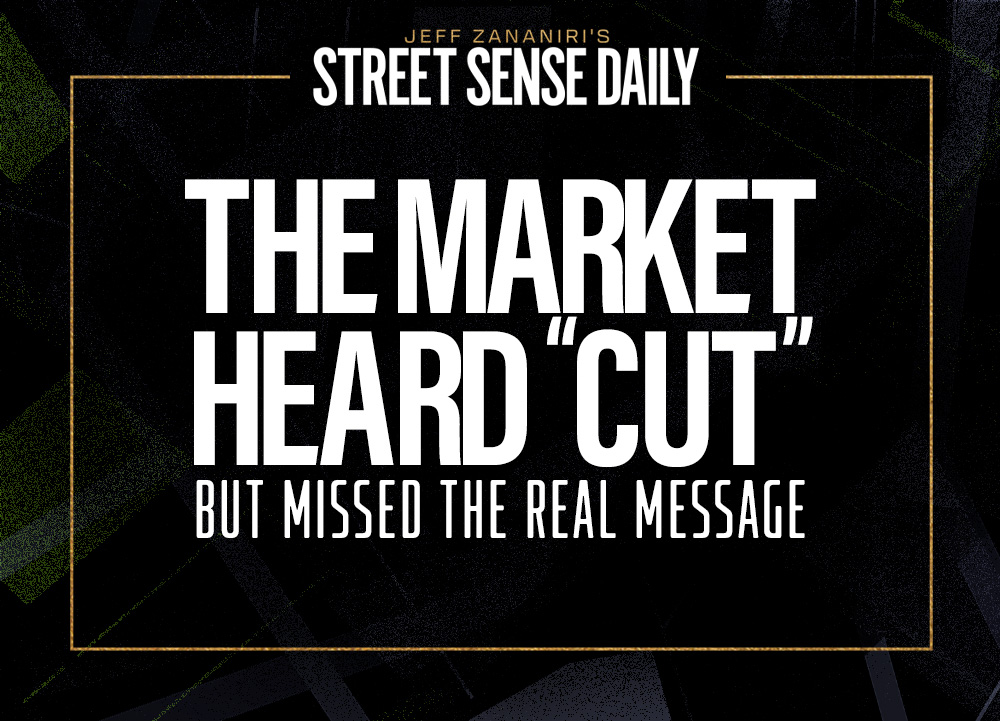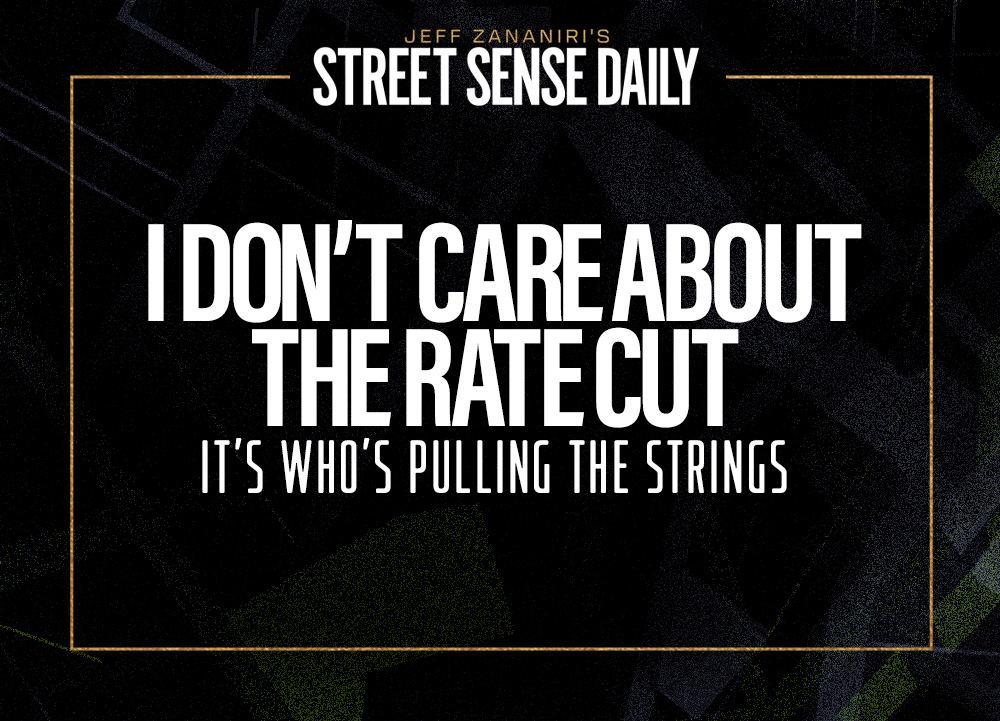Good morning, traders,
Here’s a shot of truth for a Monday morning: You can’t fix what you refuse to face.
I don’t care how smart you are, how much you study, or how great your strategy looks on paper.
If you aren’t brutally honest with yourself about your performance, you’re playing blindfolded.
Self-awareness is the key. I’m talking cold, data-backed, emotionally detached awareness of what you’re doing right, and what’s slowly bleeding your account dry.
Back on Wall Street, we didn’t wait until the end of the month to check how we were doing.
Because the truth is, if you don’t stop and evaluate your trades regularly, you’ll keep making the same dumb mistakes until your account taps out.
So if you’re serious about improving, it’s time to stop flying on instinct and start treating your trading like a real business.
Here are five practical steps I use — and teach — to self-evaluate your trades and take your performance to the next level.
Step 1: Keep a Trading Journal
Your journal should include:
- Date/time of trade
- The exact option contract
- Entry and exit points
- The reason you took the trade
- The result (profit/loss)
- What was going through your head before and after
You’ll start to spot patterns, good and bad. And then you can adjust from there.
Step 2: Track the Numbers That Matter
Here are the core stats to watch:
- Win rate – What % of your trades make money?
- Risk/reward ratio – Are your wins bigger than your losses?
- ROI per trade – Are you actually compounding, or spinning your wheels?
- Drawdown – What’s the worst hit you’ve taken? And how long did it take to recover?
You don’t need to be an Excel wizard. But you do need to measure.
What gets measured gets improved.
Step 3: Review the Intangibles
This part’s not about math. It’s about your mindset.
Ask yourself:
- Did I follow my plan? Or did I get cute and improvise?
- Was I trading scared? Or cocky?
- Did I read the market right? Or was I fighting the trend?
Numbers tell part of the story, but your headspace before, during, and after the trade matters just as much. Especially if emotions are costing you money.
Step 4: Get a Second Set of Eyes
Trading is a solo sport, but that doesn’t mean you can’t get coaching.
Find someone you trust. A trading buddy. A mentor. Someone who won’t sugarcoat things.
Walk them through a few trades. What you saw. What you did. What happened.
They might spot something you missed. A bad habit. A setup you’re misreading. A tendency to hold losers too long.
It’s hard to see your own blind spots. That’s why they’re called blind spots.
Step 5: Own Your Mistakes and Fix Them
Let’s be clear: Every trader makes mistakes.
The difference is how you handle them.
Most traders take a loss and either ignore it or let it crush their confidence.
But if you want to grow, you’ve got to treat losses like a detective would treat a crime scene.
What exactly went wrong? What triggered it?
Was it a bad setup — or bad execution?
Losses hurt. But they’re valuable.
They shine a light on leaks in your system. Plug those leaks, and your whole strategy improves.
Bottom Line
You’ve got two choices as a trader.
You can coast, ignore your flaws, and hope things magically turn around…
Or you can commit to regular, real self-evaluation and become the trader you want to be.
Start small. Set aside 30 minutes a week to review your trades, check your stats, and make notes.
That’s it.
It’s not flashy and it’s not fun.
But it’s how you get consistent, and consistency pays.
I’ve done this long enough to know that many traders aren’t failing because their strategy sucks…
They’re failing because they refuse to stop and look in the mirror.
Stay street smart,
Jeff Zananiri
P.S. Want to succeed at speed? Zero-day trades move fast, and when you know what you’re doing, you can win big.
Today at 10 a.m. ET, Aaron Hunziker will show you how the pros approach 0DTE setups:
👉 What to trade
👉 What to skip
👉 How to manage risk when time’s running out
*Past performance does not indicate future results



